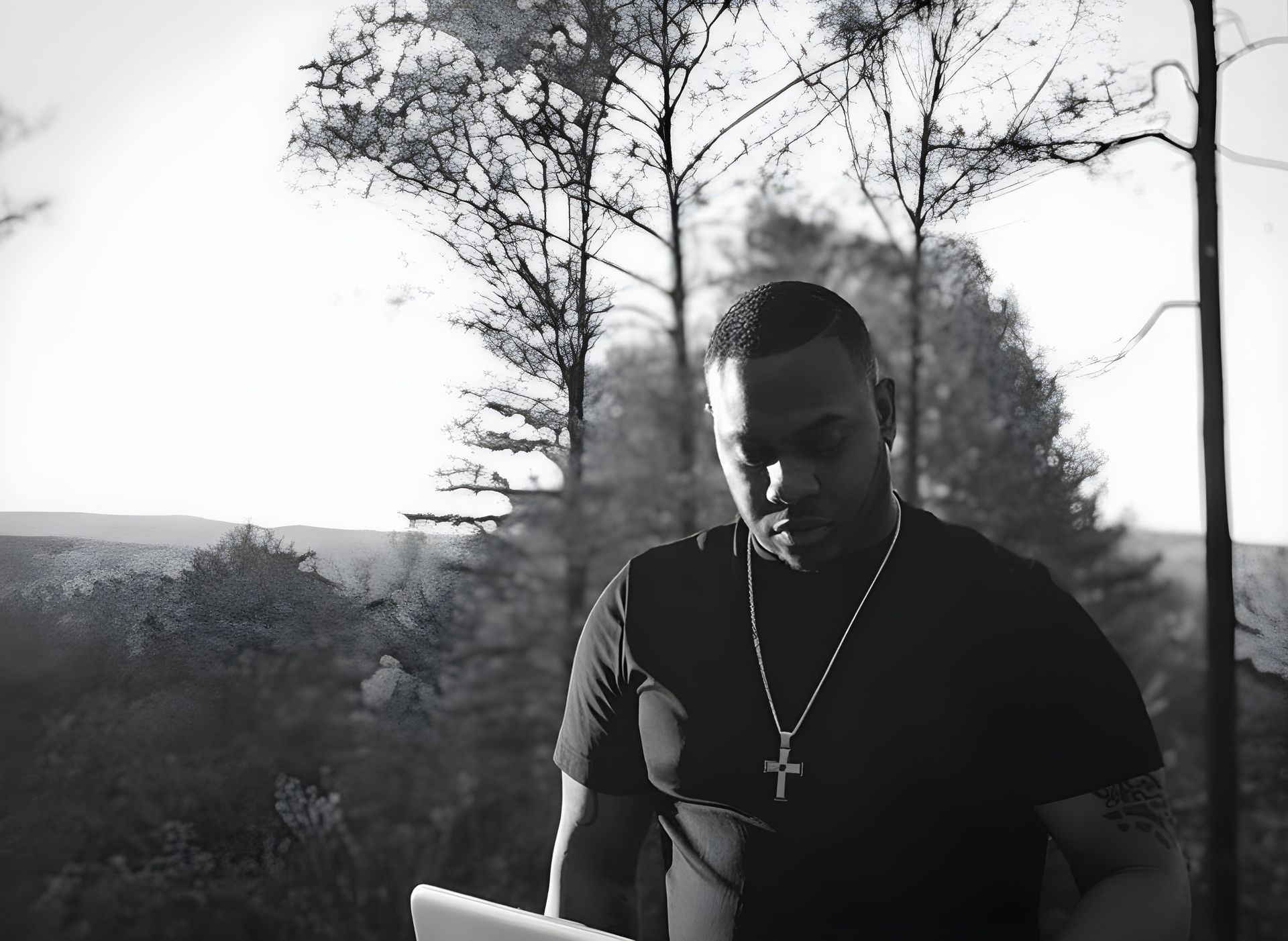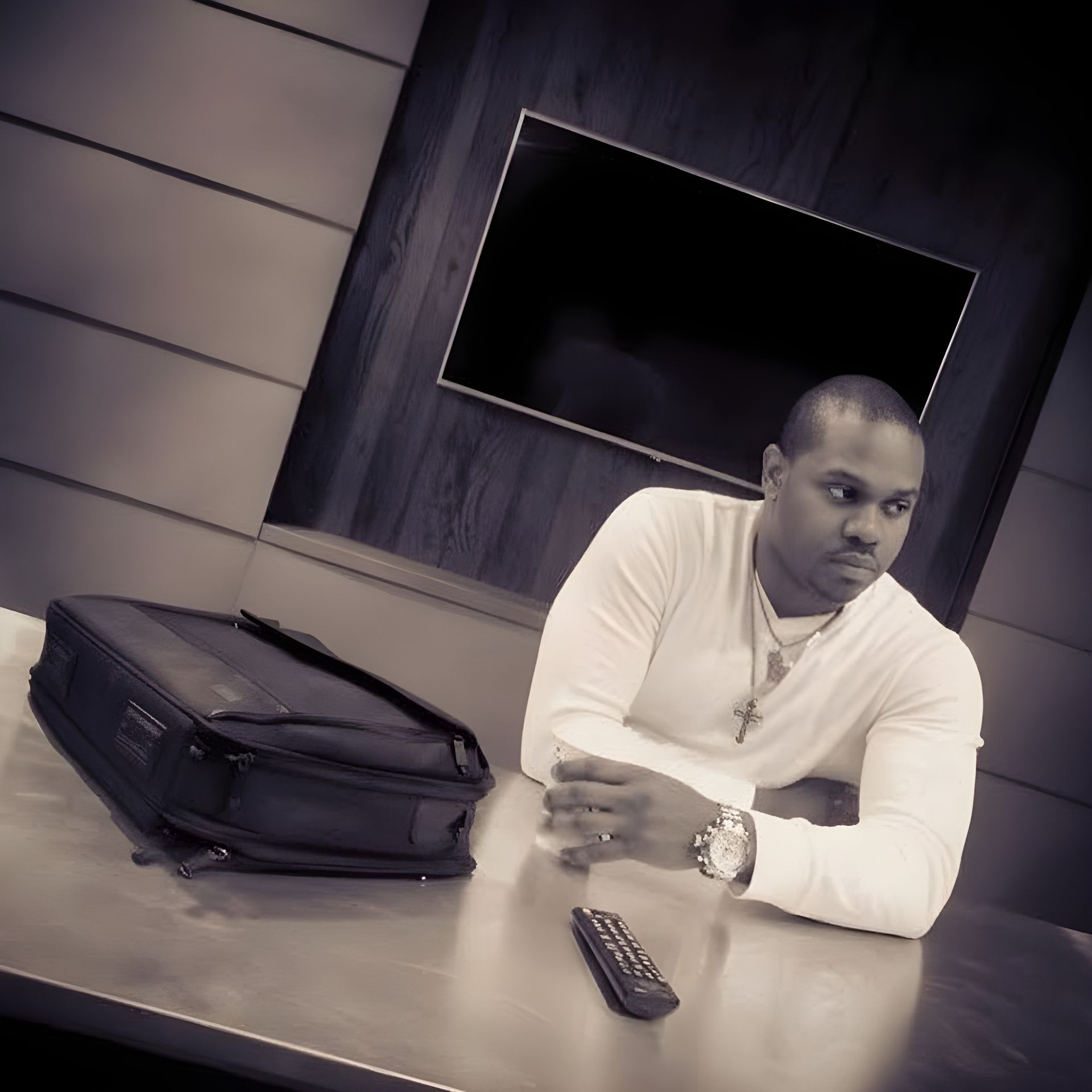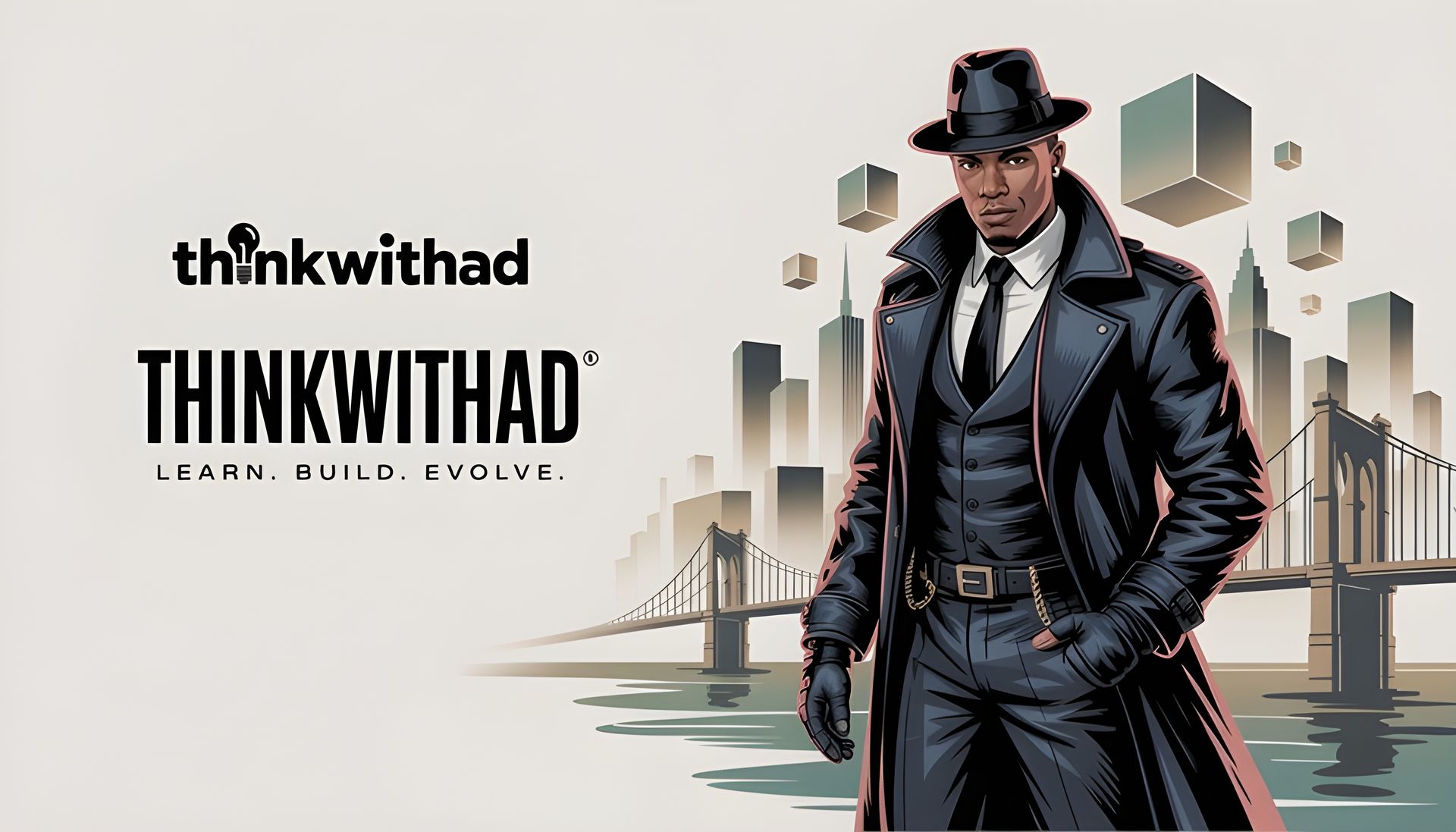The Hardest Lesson I Learned About Trying to Do Everything Myself
The Early Grind: Building With No Map
My entrepreneurial journey really started in 2010 with a brand called HomeWay Decor. I was working my very first job in the dishroom at a dining hall at the University of Virginia, part-time, and in between shifts and breakroom conversations I was hustling a completely different world—home décor, furniture, small gifts, outdoor pieces.
I didn’t have a big store, a team, or a crazy budget. I had printed catalogs, paper order forms, and word of mouth. I’d sit at breakroom tables showing people pages full of products, taking orders by hand. Every order meant filling out a form line by line—product number, product name, price, quantity, shipping details, and customer info. After that, I had to log into the portal for the company I was doing business with and manually place each order for every customer.
That little catalog hustle was also when—and how—I made my first real profits in business. It was the first time I saw money come in that didn’t come from a paycheck, the first time I understood margin, pricing, and what it felt like to create income from something I started myself. From that moment on, I knew I didn’t want to work for someone else for the rest of my life. I wanted to become my own boss. That spark is what pushed me onto this entrepreneurial journey and I’ve been on it ever since.

Between that moment and eventually building full e-commerce operations years later with POLISE in 2024—an online retail store that carried thousands of lifestyle, fashion and accessories, technology, home, and everyday products through a full-scale catalog-style website—I went through a lot of different entrepreneurial phases: different ideas, different attempts, different business models. Some worked for a season, some didn’t, but all of them kept me in motion and kept sharpening how I think, how I sell, and how I build.
That was my first real taste of building something from nothing—no investors, no mentorship, just grind and curiosity. But even as things grew and evolved, one thing stayed the same: I was doing everything myself.
For years after that, I tried to build everything alone. Not because I wanted to, but because I didn’t have anyone to turn to. No real support system. Nobody business-minded around me. Nobody I could ask for guidance on branding, strategy, or scaling. And even when I did find people who seemed knowledgeable, I couldn’t afford mentorship. I didn’t have the money for coaching, strategy calls, or retainers. So I did what most self-made people do: I carried everything myself, learned everything myself, and tried to build everything myself—on top of working two jobs.
The days were long. The nights were longer. By the time I got home, whatever motivation I had left was competing with pure exhaustion. Burnout became normal. Creativity turned into a luxury. Every time I wanted to work on my ideas, the clock reminded me I had to be back up early for another shift. I spent years overworked, under-supported, and trying to build a future with no blueprint and nobody in my corner who really understood business.

The Breaking Point
Around 2014, everything finally caught up to me. At that time, my schedule was brutal: I worked mornings at the Omni Hotel, then afternoons at the University of Virginia Hospital. I’d wake up early, getting dressed for my shift at the Omni, already thinking ahead to the hospital later in the day, and somewhere in between all that I was still trying to squeeze in time to build a business.
One morning while getting ready for that first job, I was looking at everything I needed to do—orders, ideas, plans, tasks—and it hit me: I couldn’t keep trying to build brands the same way I was surviving life. Carrying everything alone wasn’t discipline—it was self-destruction. That was the moment I realized something had to change. That’s when I started learning a word nobody around me ever used: delegate.
I didn’t grow up around people who outsourced or talked about virtual assistants. Nobody in my world was hiring talent from other countries or using freelancers to move projects forward while they worked a job. So I had to teach myself that play.
Learning to Delegate and Build With Help
Around that same time in 2014 is when everything started to shift.
I started hiring freelancers—mostly from the Philippines—because the combination of skill and affordability made it possible for me to finally move like a real builder, even without a big budget. It’s not about underpaying people; it’s about finding a win-win where the rate is strong in their local economy but still realistic for someone building from scratch.
One of the biggest advantages was simple: I suddenly had access to skills I didn’t have myself. Design, dev, admin, research, editing, slides, pitch decks, client deliverables—things that would’ve taken me days or weeks on my own could be handled by the right person in hours.
You can negotiate hours, days, and scope: part-time, project-based, a few hours a week, or focused sprints when you need a push. Depending on where they’re located, my early morning would be their afternoon or evening. I’d wake up, set the plan for the day, head to work, and while I was on the clock, they were moving tasks forward—both for my own brands and, later, for client work.
For the first time, my progress wasn’t limited to the hours I had left after work.
Stepping Into My Real Role
Delegation didn’t make me less capable—it made me more effective. It let me step into my real role. I’ve always been the brains behind the operation, not the loudest person in the room. I was never chasing being “the face” just to be seen. I’ve always moved better as the architect—the one designing the system, setting the direction, and letting people who are better than me in their lane handle execution.
Once I accepted that, I stopped trying to be my own designer, developer, marketer, strategist, writer, and project manager all at the same time. I built small, flexible teams instead. People who could work while I’m at my first job or my second job. People who could handle the pieces that were slowing me down, so I could focus on thinking, planning, and steering. That’s when things actually started to move.
Still Working, But Not Stuck
I still work two jobs today, not going to lie, but it’s not what it used to be. The difference now is that my future doesn’t pause just because I’m at work. My systems keep moving. My freelancers and VAs keep the projects alive. The brands and worlds I’m building don’t depend only on the little energy I have left at the end of the night. The weight is still real, but it’s shared now.
The hardest lesson in all of this was simple: you can grind alone, but you can’t grow alone. Trying to do everything yourself might feel noble, but it’s not sustainable. You burn out. You stall. You stay busy but don’t move. The moment I learned to delegate—to trust other people with pieces of the vision—everything changed. My time opened up. My ideas got sharper. The work finally started to scale past what I could do with just my own two hands and whatever energy was left after a double shift.
This isn’t the glossy part of the story. It’s not the launch, the highlight reel, or the big announcement. It’s the quiet reality behind it: years of overworking, learning the hard way, and finally deciding that if I was going to build something that outlived my schedule and my exhaustion, I’d have to stop trying to be every department. That’s the real shift. Once you accept that, you’ll never look at “doing it all yourself” the same way again.

ThinkwithAD: PULSE
ThinkwithAD is where we document the real process of turning vision into ventures—without pretending it’s easy. We break down the decisions, systems, and lessons behind building brands, worlds, and streams of income from the ground up while still living real life and carrying real responsibilities.
About the Creator
This entire journey is my story — the wins, the setbacks, the burnout, and the rebuild. My name is Adam Dudley and I created ThinkwithAD to give entrepreneurs, builders, and future founders a real voice to relate to, not a highlight reel. Everything here comes from lived experience, learned lessons, and the grind it took to get this far. If you’ve ever felt alone in your process, this platform is for you.
If this hit you and you want more of the story behind the moves, subscribe to ThinkwithAD: The Build on Substack for deeper breakdowns, behind-the-scenes plays, and long-form game you can actually apply: SUBSCRIBE NOW
Disclaimers:
All content shared on ThinkwithAD is for educational, motivational, and informational purposes only. Nothing here is financial, legal, or business advice. Always do your own research, use your own judgment, and, where needed, consult with a qualified professional before making decisions about your money, career, or business.